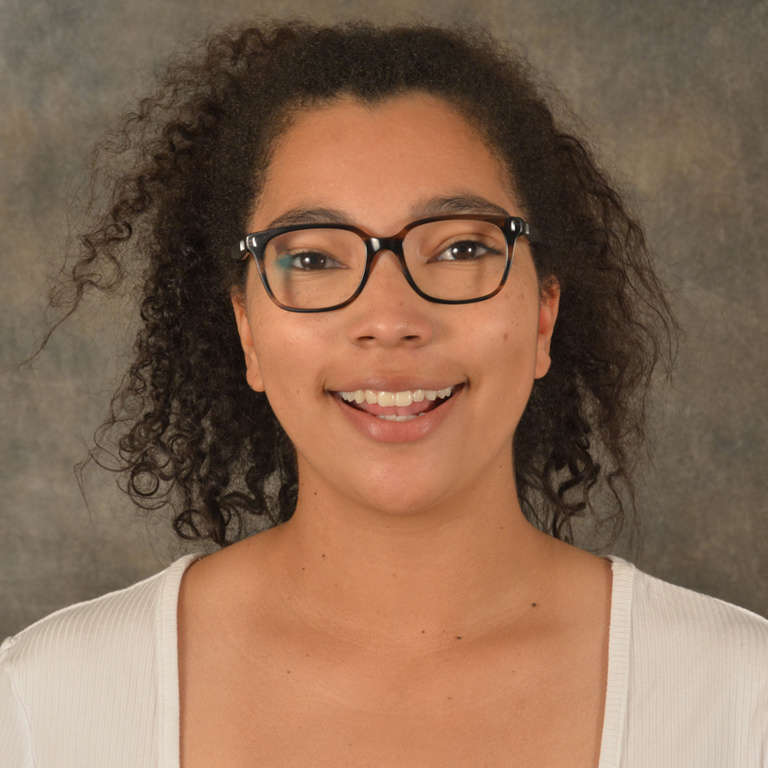Hayden Lamphere
In the early months of 1868, a group of freed black men gathered in Des Moines, Iowa to discuss the future of their uncertain rights in the wake of the Civil War. Colored Conventions were held nationwide from the 1830s to the 1890s. They served as avenues for black Americans to construct ways to solve the problems facing their communities with like minded individuals. The Iowa Colored Conventions were organized to gather black Iowans who felt that the fight for suffrage and total equality was a worthwhile one.
The 33 delegates of the 1868 Des Moines Colored Convention focused on how black, male, Iowans could galvanize the black public to participate in politics. A desired outcome of the increase in black political activism was to convince white politicians that black suffrage was an indisputable component of citizenship.
The research questions for the project are:
What are the motivations of the delegates participating in the 1868 Convention?What did they as individuals bring to the meeting?How can we contextualize their biographies as part of the larger history of black activism in 19th century Iowa?Primarily, the methods used to research the 1868 Convention were visiting historical societies, online repositories, and newspaper collections. Many of the delegates were everyday citizens who were uneducated and worked as manual laborers. The only clues into their lives are what is reported in census records and newspapers and city directories. For the few delegates who chose higher profile careers, like politics and the clergy, there are some secondary sources available. These are usually used to confirm the information found in primary sources and to gather additional source material through footnotes and bibliographies.
At this point, there are no definitive conclusions to the research questions. The research on the delegates of the 1868 Des Moines Colored Conventions is in the beginning stages; however, we have gathered enough preliminary data for the next research team to start from. The data gathered on the delegates at this point in the research includes: birth year and place, slave experience, migration history, links to religion, and participation in other forms of political activism both before and after the 1868 Convention.
Researching the 1868 Colored Convention opens up doors to the rest of Iowa’s black history preceding, during, and after the Civil War. The decisions made in the Convention affected not only the history of black Iowans but of all Iowans. The penultimate goal of this research is to add it to the National Colored Conventions Project and the Iowa Satellite Project’s websites and digital museum. Ultimately, the project is working to use the delegate research to better inform public school curriculums with accurate information regarding Iowa’s black history.
